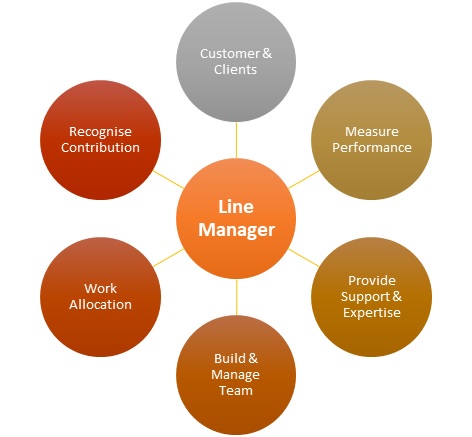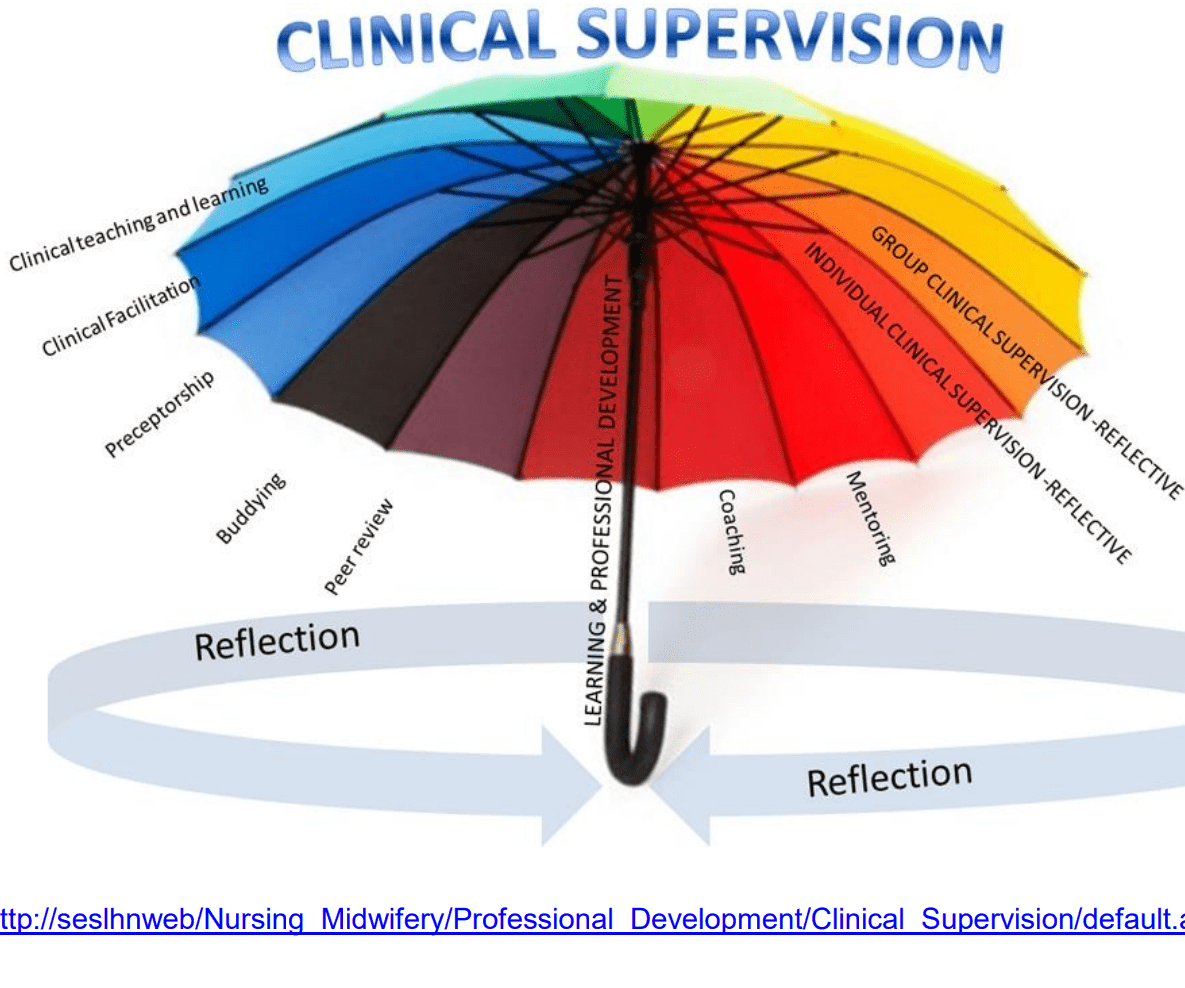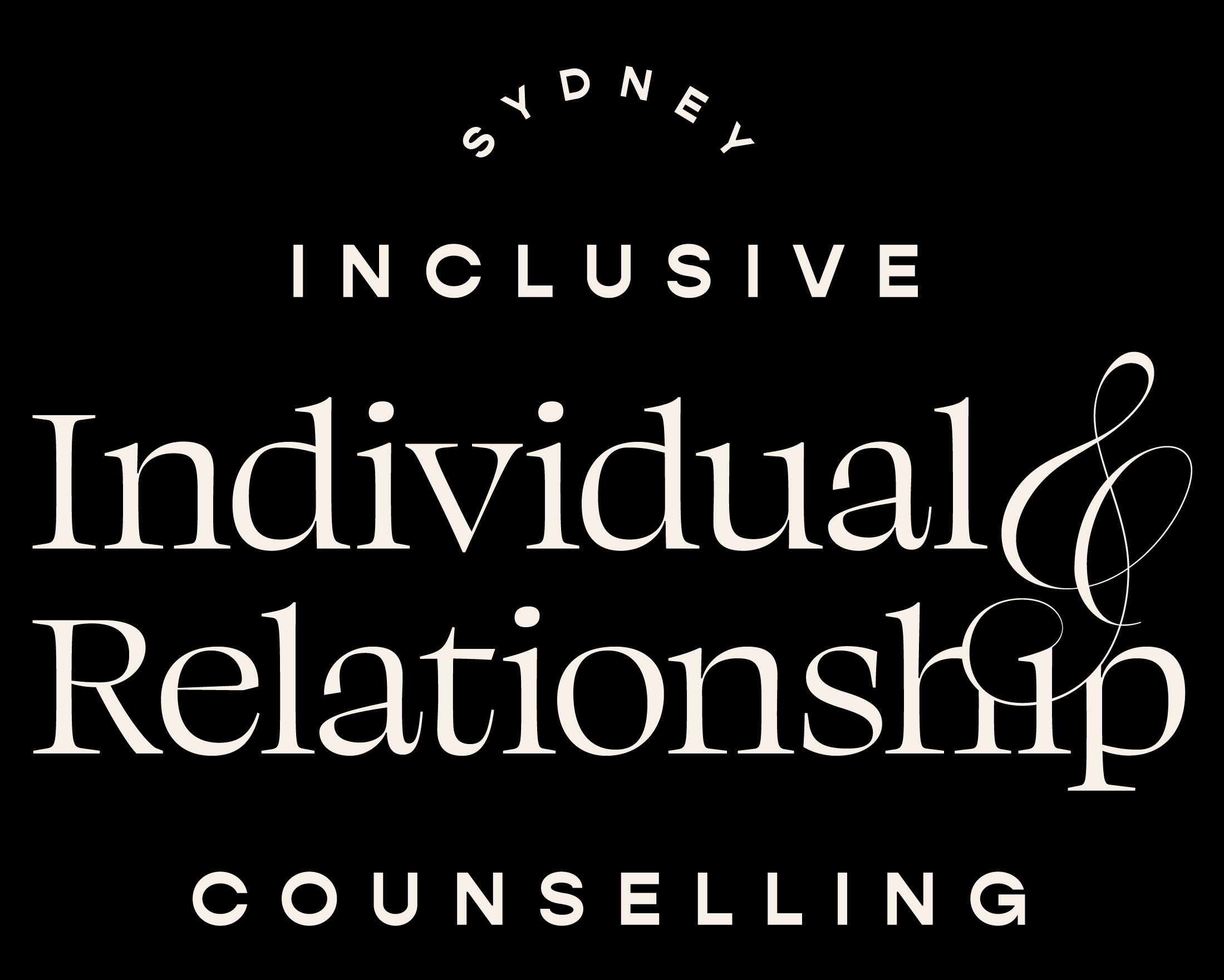How is Clinical Supervision different from personal counselling, line management, or EAP?
I was asked this by a caseworker/project worker recently and thought – that’s a really good question!
I’ve both provided and accessed of the above at some point (though no longer providing EAP services).
I think if someone could draw a flow chart about what issues you bring to who it would be super helpful for people new to clinical supervision. It can be nuanced and can have overlap depending on your role/agency. Best practice separates line management and clinical supervision but that’s not always the case. Often your team leader or manager is expected to provide both but time is often filled with practicalities instead of reflective practice.
Line management:
Line managers can be team leaders, practice leads, managers, area managers, etc. This is a functional and hierarchal role that focuses administrative and operations management. They do the practical side of assigning work, assessing proficiency and managing performance issues.

Personal counselling:
Personal counselling aims to resolve a problem which exists for the individual presenting (i.e. the client) whereas supervision is seeking to improve the quality of therapy, although it may do this by helping the supervisee to resolve specific problems or individual problem. There can be a bit of overlap but framed/approached differently in supervision vs. counselling i.e. workplace conflict.
EAP:
EAP counselling is short term and solution based, focusing on resolving both work and personal issues with a goal of getting back to wellbeing/work ASAP. There’s a standard 6 sessions and you can apply for more sessions.
Clinical Supervision:
Clinical Supervision provides a semi-structured/structured (depending on preference/needs) and safe, confidential environment for skill development and reflection, resulting in improved quality of service provision, worker resilience and professional/personal well-being.
There a many different models of clinical supervision. I use an approach that is moves between role of mentor, coach, educator, counsellor, and consultant depending on the needs and context of the individual situation.
I also use a social justice and trauma-informed lens in my practice. I look at things systemically and employ a narrative approach.

My own journey with clinical supervision:
What has helped me immensely was being supported to develop a theoretical framework for practice underpinned by values that align closely with my personal values and ethics. For me this has been found within the traditions of Narrative therapy, where understandings about client problems are located in socio-political-cultural contexts, not in the mind or body of the individual.
I have different clinical supervisors I navigate specializations in e.g. relationship counselling and see each of them on a monthly – 6 weeks basis.
Examples of learning opportunities might include:
- Demonstration of specific techniques
- District based learning opportunities or activities
- Discussion about resources or resource location
- Reading on specific clinical issues e.g; journal article
- Learning and teaching skills
- Review of documentation
- Complex case discussion
- Case studies
Here are some common areas discussed:
- Difficult or challenging cases
- Ethical dilemmas/standards including boundaries
- Strategies, techniques, skills, and models
- Use of self in clinical work
- Feeling stuck
- Setting up private practice and its challenges
- Whether a niche is important
- Getting started and networking for students
- How to find a job
- Emotional support
- Recognising patterns
- Preventing burnout,
- Understanding moral injury and systemic issues
- Cultural competency
- Self-care
- Confidence and motivation
- Sounding board to share emotional load
- Career goals
- Relationships with coworkers and management
- Current events and policies related to social work
Benefits of clinical supervision:
- Feel supported
- Experience less stress, burnout and sickness absence
- Develop personally
- Be less inclined to leave their profession
- Notice an increase in their confidence
- Feel less isolated
- Develop their clinical competence and knowledge base
Benefits to your clinical practice:
- Clinical supervision enables clinicians to take the emotional load of caring and have it acknowledged and worked through.
- It provides a place where personal awareness and self esteem can be increased and where areas of practice which may be hindering the clinician can be explored.
- Clinical supervision allows an exchange between practicing professionals which may promote debate, challenge existing thinking and generate solutions to problems in practice.
- It enhances and informs personal and professional development and may ultimately lead to an engagement in life-long learning.
- Clinical supervision produces a clinician/patient relationship which is committed, adequate and spontaneous.
- It encourages safe, reflective practice where the clinician is more aware and sensitive to the patients needs.


